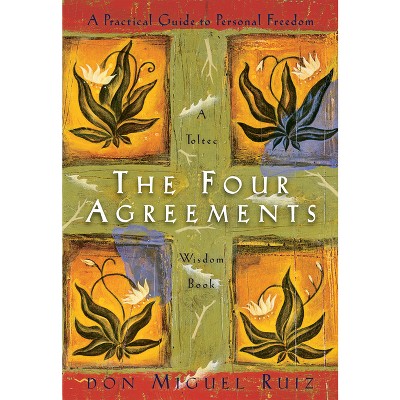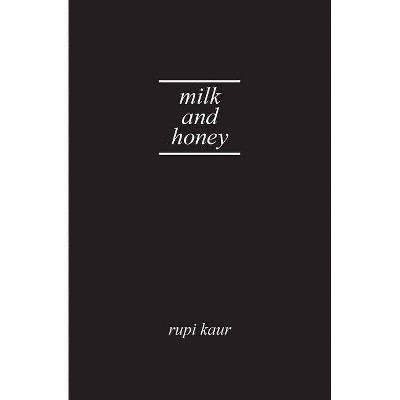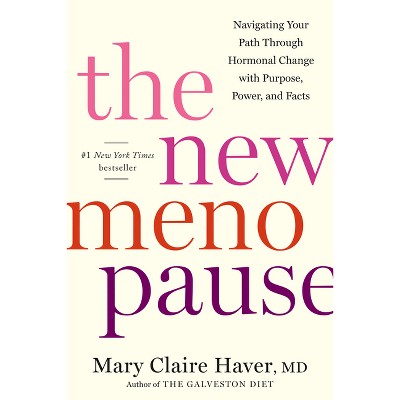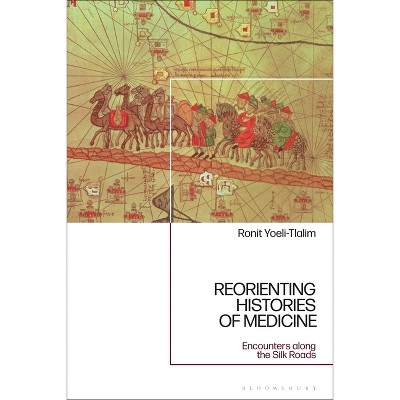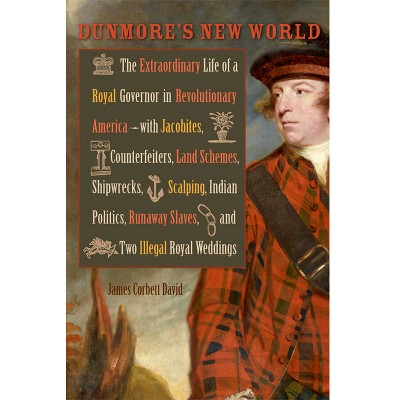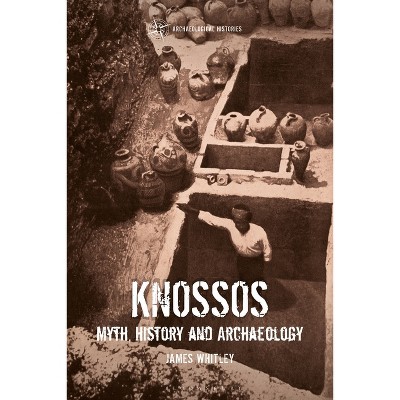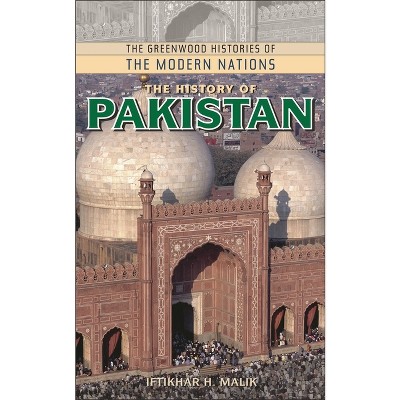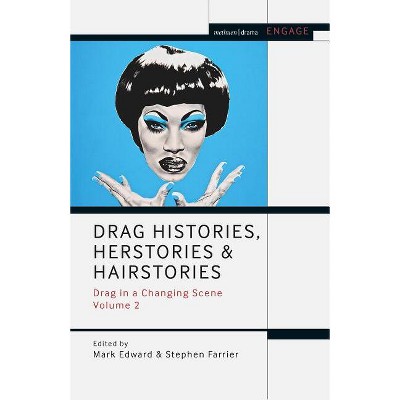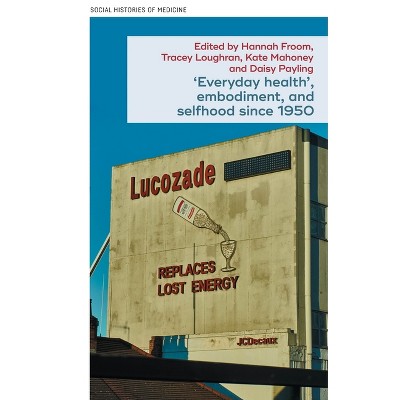About this item
Highlights
- It is rarely appreciated how much of the history of Eurasian medicine in the premodern period hinges on cross-cultural interactions and knowledge transmissions.
- About the Author: Ronit Yoeli-Tlalim is Reader in History at Goldsmiths, University of London, UK.
- 256 Pages
- Medical, History
Description
About the Book
"ReOrienting Histories of Medicine takes a cross-cultural approach that provides a re-appraisal of the 'globalized' character of early medicine. It re-orients medical history, and emphasizes the role of the transmission of medical ideas and practices between European and Asian cultures. Using original research taken from the medical findings of Dunhuang, Turpan and Cairo Genizah, this book contextualizes the history of Euro-Asian medical encounters, from Greco-Indic early contacts to the present adoptions of mindfulness in psychotherapy"--Book Synopsis
It is rarely appreciated how much of the history of Eurasian medicine in the premodern period hinges on cross-cultural interactions and knowledge transmissions. Using manuscripts found in key Eurasian nodes of the medieval world - Dunhuang, Kucha, the Cairo Genizah and Tabriz - the book analyses a number of case-studies of Eurasian medical encounters, giving a voice to places, languages, people and narratives which were once prominent but have gone silent.
This is an important book for those interested in the history of medicine and the transmissions of knowledge that have taken place over the course of global history.Review Quotes
"The research underpinning ReOrienting Histories of Medicine is careful; the diverse materials at the center of it are fascinating. The discussions on the transmission of medical knowledge will resonate for readers who work on different con- texts and periods ... [T]he book is a suitable read for those interested in diverse histories of medicine and for survey courses on the global history of medicine." - H-Net Reviews
"Ronit Yoeli-Tlalim draws on materials from the Bower Manuscript, the Genizah repository in Cairo, and cave 17 in Dunhuang to explain how medical knowledge moved across cultural contact zones and spread through Eurasia. Through reading sources in an unusual combination of languages, this study constitutes an impressive breakthrough in Silk Road studies." --Valerie Hansen, Professor of History, Yale University, USA "Compact and readable, and yet richly informative about the interactions between a wonderful diversity of linguistic and scholarly traditions, ReOrienting Histories of Medicine will now be the first book that I recommend to students for orientation about the early history of Eurasian medical exchange." --Shigehisa Kuriyama, Reischauer Institute Professor of Cultural History, Harvard University, USAAbout the Author
Ronit Yoeli-Tlalim is Reader in History at Goldsmiths, University of London, UK. She is the co-editor of Rashid al-Din: Agent and mediator of cultural exchanges in Ilkhanid Iran (2013), Islam and Tibet: Interactions along the Musk Routes (2010) and Astro-Medicine: Astrology and Medicine, East and West (2008).Shipping details
Return details
Trending Diet, Health & Fitness Books
